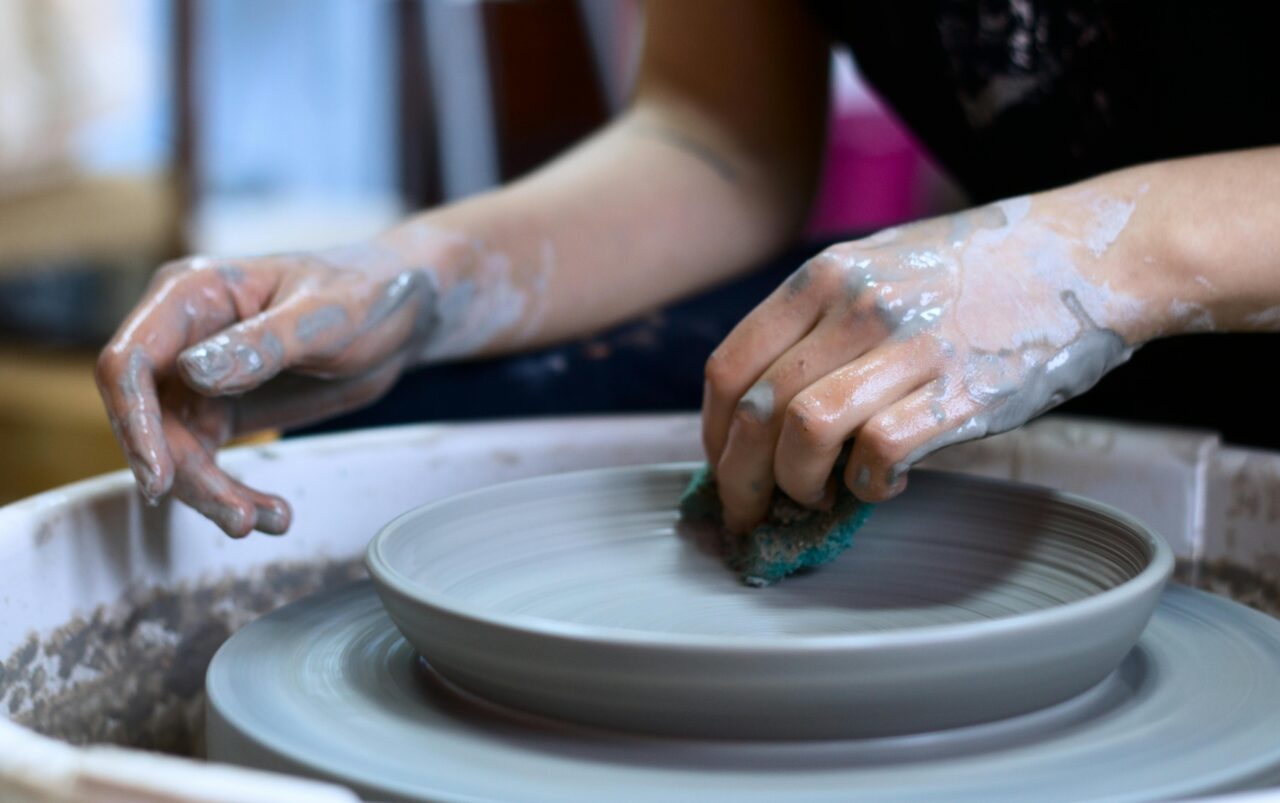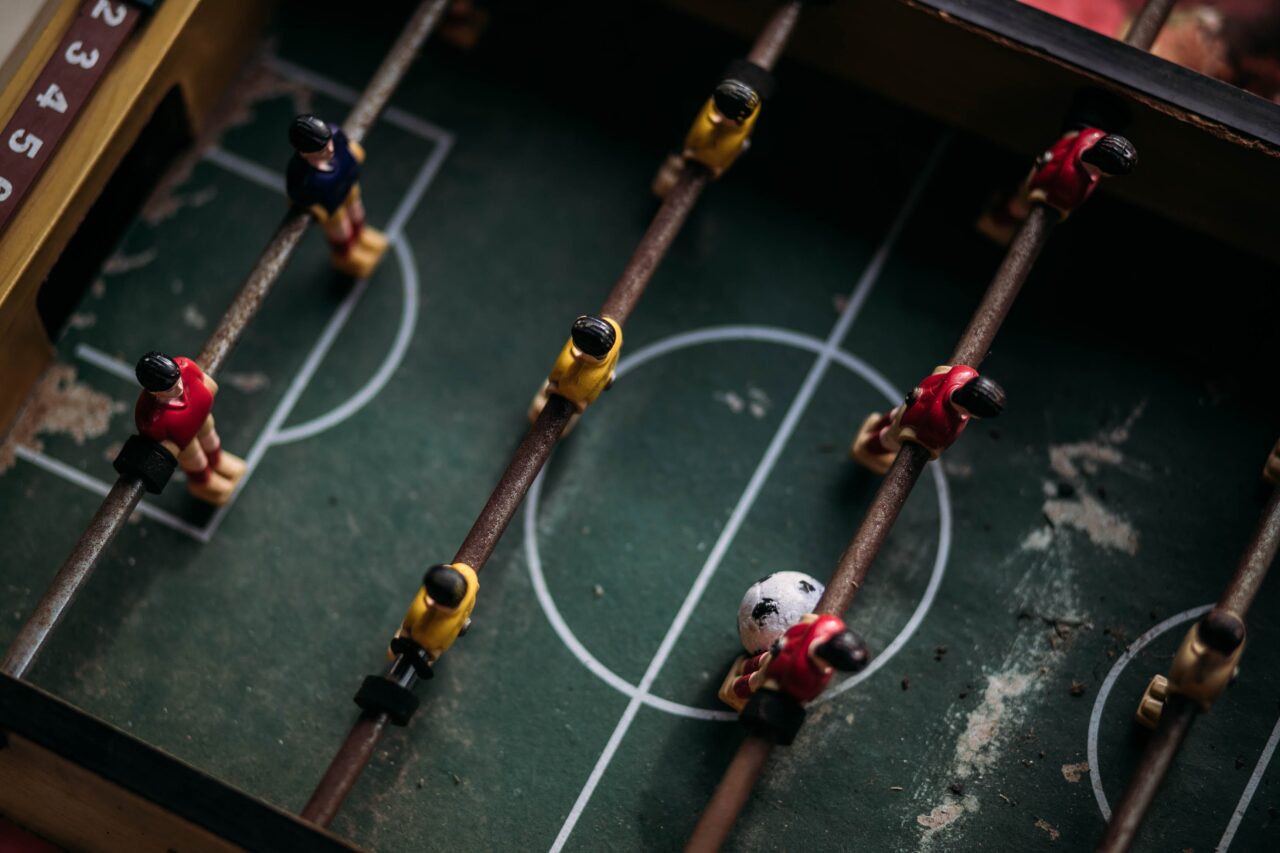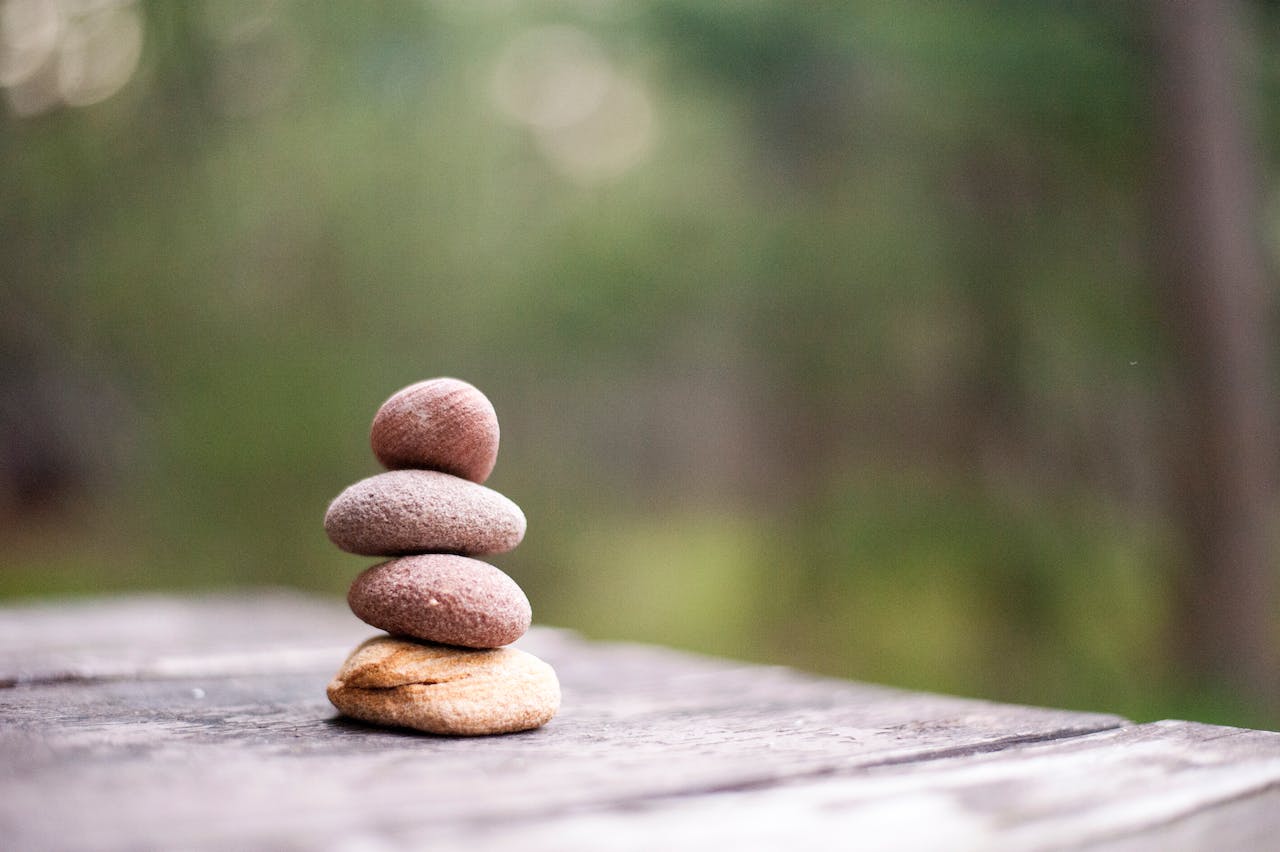It goes without saying that technological advance and modern conveniences have changed the way we live dramatically in the past couple decades. With so much of our capacity for creativity now freed up by these conveniences, it would be logical to conclude that society is capable of more creativity than ever. Unfortunately, logic has no horse in the race when it comes to creativity. Therefore, creativity is still a relative rarity. Take it from me, a self-proclaimed creative, professional marketer, and musician since age 9. What you’re looking at might not be “creativity”.
Why Technology Has No Impact on Creativity
What do I mean by this? Creativity is the process that forms something novel and decidedly valuable. Creativity is when we step outside the role of human-being and into the role of human-becoming. Put more simply, creativity is the courageous act of trying something new. By this definition, creativity is quite literally taking part in the evolution of our species. We try things with the looming threat of failure at every turn, because we have an insatiable (and fool-hearty) curiosity.
Creativity is quite literally taking part in the evolution of our species.
The signal-to-noise ratio of genuine creativity vs. information exchange today makes it seem as though people are more creative than ever. Output is certainly at an all-time high! But this barrage of data might actually mean our creative legacy is getting lost in the crowded train station. The information age may be hampering our focus for meaningful information intake, thought, and creative output. Just try counting all the hours you spent on mindless television, social media scrolling, or pointless meme sharing. These are hours our ancestors might well have spent on more meaningful leisure activities, or perhaps their own creative works.
The Secret to Painting Your Masterpiece is You
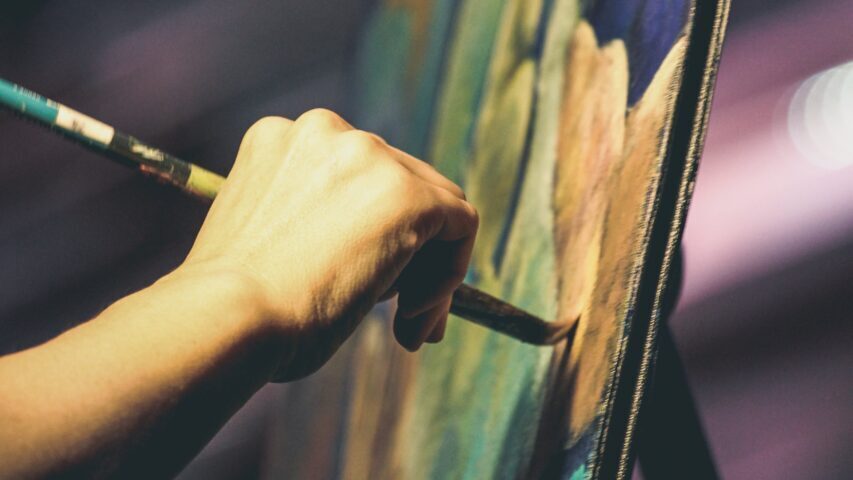
Think of it this way: would giving everyone a brand new paintbrush in the Renaissance have made everyone of the era a great artist? While there would have absolutely been an impact on the volume of art created, the ratio of paint brushes to artists would have simply skyrocketed. Moreover, there would have been some miserably confused boobs spending a decade realizing they couldn’t paint worth a darn, and well… maybe they didn’t really like it anyhow, but someone gave them a paintbrush, so they figured they may as well master it.
New tools and techniques don’t make experts. Deliberate dedication, discipline and consistency do. There are no shortcuts to quality, and you won’t stumble on it blindly by grasping at everything. The creative act is pure in the sense that no external factors can make it any better or worse. The only lever to pull is the passion, dedication, and hard work of the creator. For any creative work to be truly great, it requires a lot of heart from the creator. It almost requires nothing else, because every other necessary factor will be willed into place by its creator (YOU).
Influencers: The Noisy Bunch
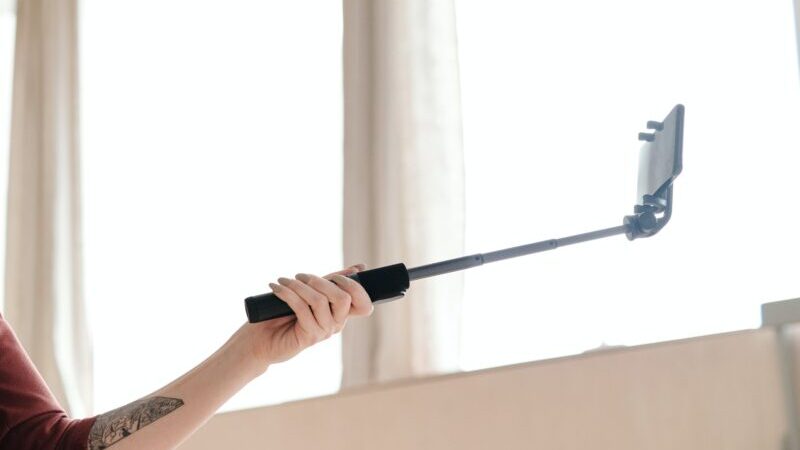
The role of the influencer promises to simplify discovery of that which is novel and valuable (the stuff creativity produces, remember?). And they do it all with a digestible, cultural edge. They also carry the risk of perversion. Even influencers with the purest of hearts eventually need to pay the bills, and sell some of their influence to keep the lights on. Society, as a result, has no choice but to adopt ever-increasing levels of skepticism. One wrong move as an influencer, and you’ve lost the grift. The jig is up. The skeptic moves on to the next talking head.
It’s problematic to assume people will verify every bit of information they take in, but as a collective, our society has a mechanism built in to weed out the BS. Information quickly becomes distorted and diluted as it spreads from its source. Some ideas translate better than others through this permutation, while seemingly insignificant details tend to be truncated. As a result, society adopts fragments of strong ideas from moments of genuine creativity, and forms them together into something either novel and decidedly valuable… or a Trojan horse of novel ideas with the sole purpose of exploitation. Fortunately, the latter example is fed back into this cycle, where the insignificant or irrelevant fragments fall through the sieve and back into the noise.
In short, we should avoid becoming influencers (part of corporate marketing structure) and strive toward being thought leaders. It’s not necessarily about having only original ideas, but it’s about connecting the ideas that resonate with us, trying new things, and sharing what works.
When there’s a single metric (likes/followers), we end up looking in the rear-view mirror when we should be driving instead.
Seth Godin
What Can We Do?
Our innate drive toward creativity is our most defining trait as humans. And instinctively, when we stumble across a novel idea which carries the promise of making our lives better, we assign value to it. Unimportant details that don’t meaningfully contribute to a better life or society are weeded out, and thankfully forgotten over time. The creative cycle feeds into itself and plants the seeds for future generations.
Don’t lose sight of our societal responsibility to make life better for those that come after us. While it’s typically not lucrative to be a pioneer, it’s by pioneering ideas and trying new approaches to old problems that we push society forward. There are more powerful motivators than fortune or prestige, and fortunately, they seem to be a part of our DNA. Our creativity is the fuel that has helped us overcome countless obstacles and hardships. The obstacles and tragedies ahead are inevitable, but the resourceful and creative spirit of mankind will continue to guide us safely through the ages. What’s one creative act you can express today to help drive society in the right direction?
Here’s to the next cycle of human creativity!
— ws
